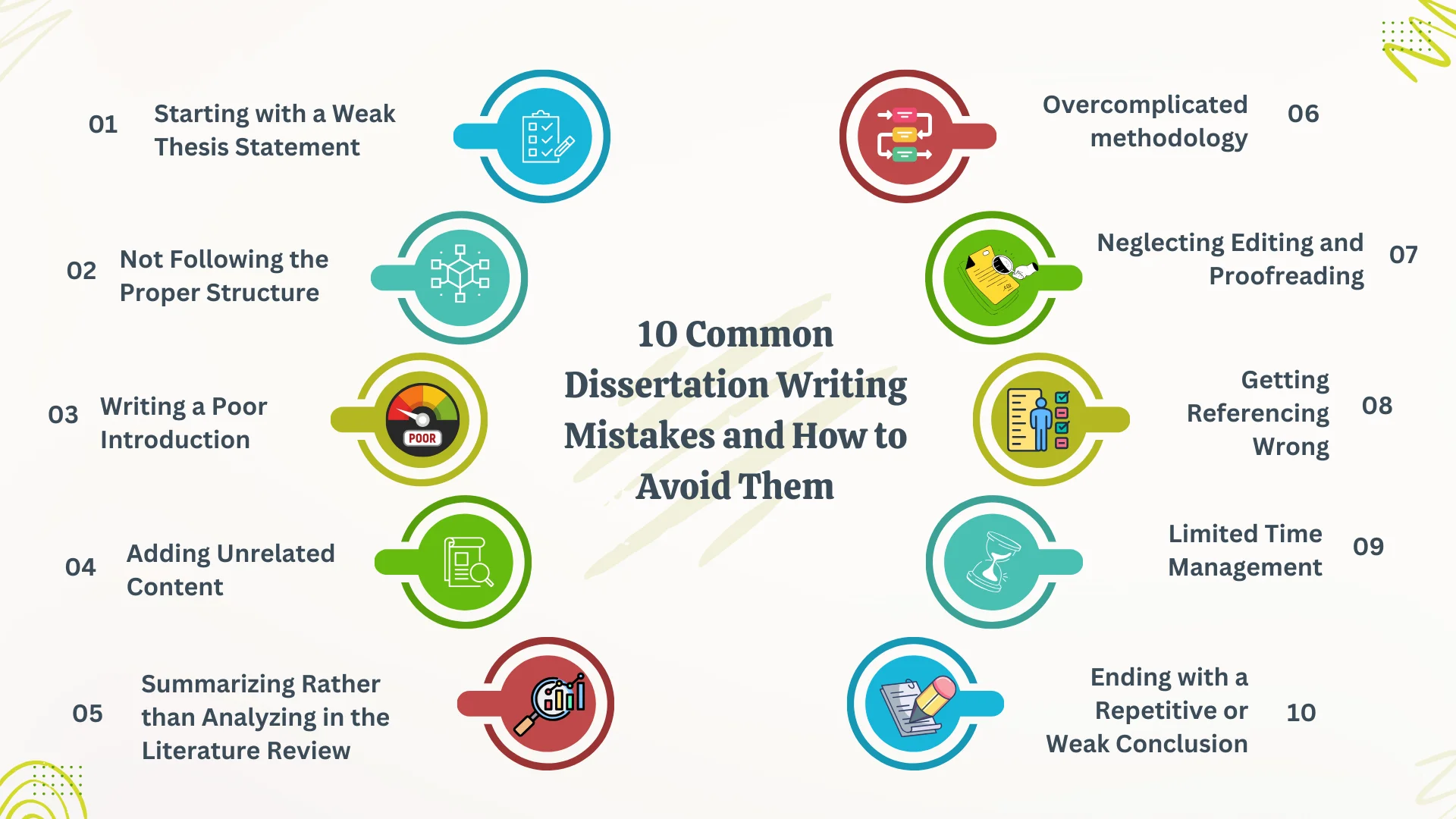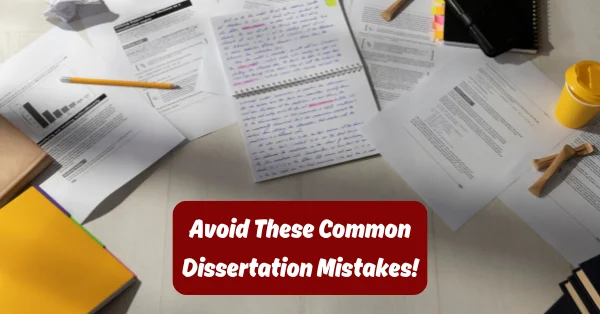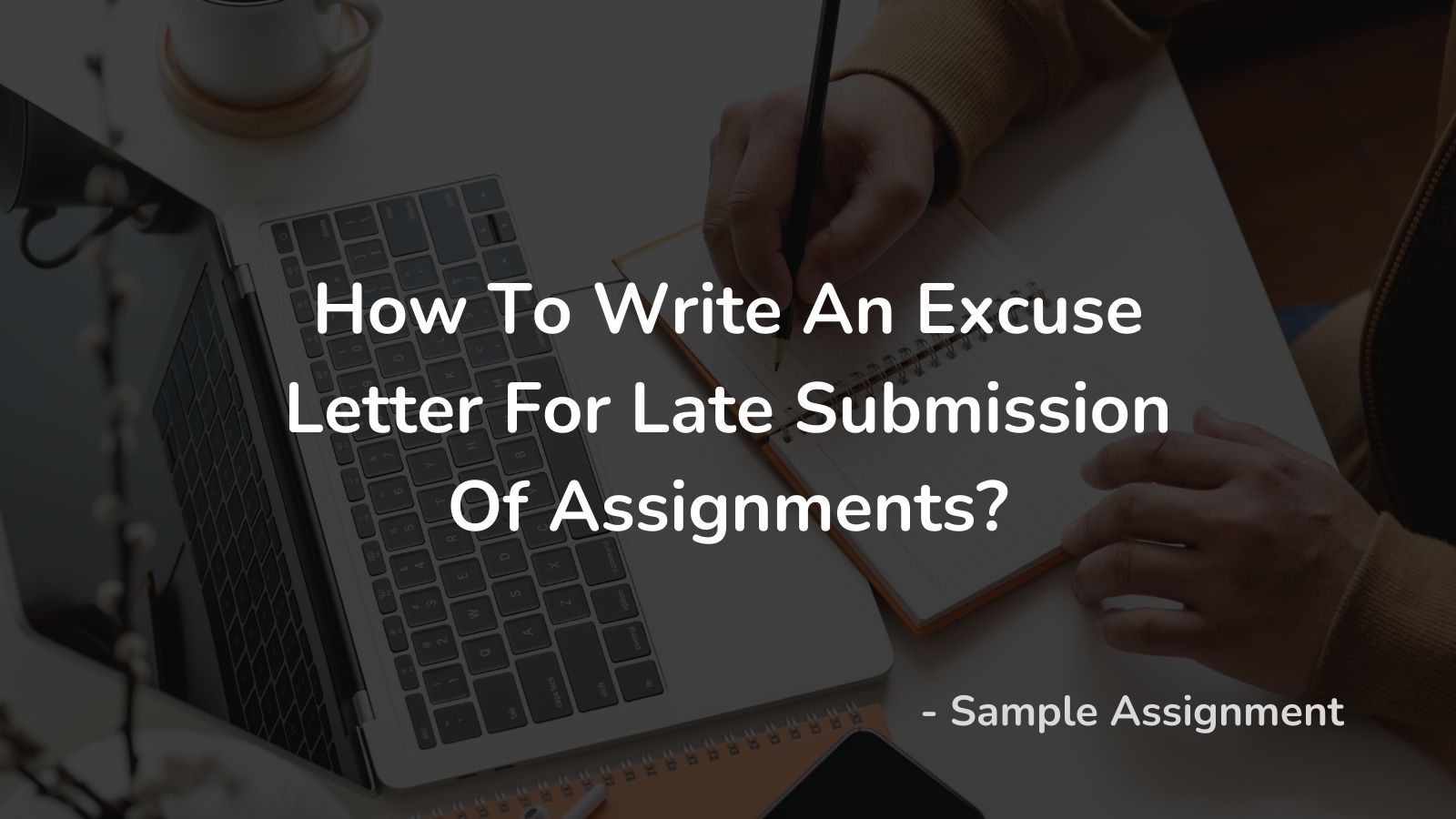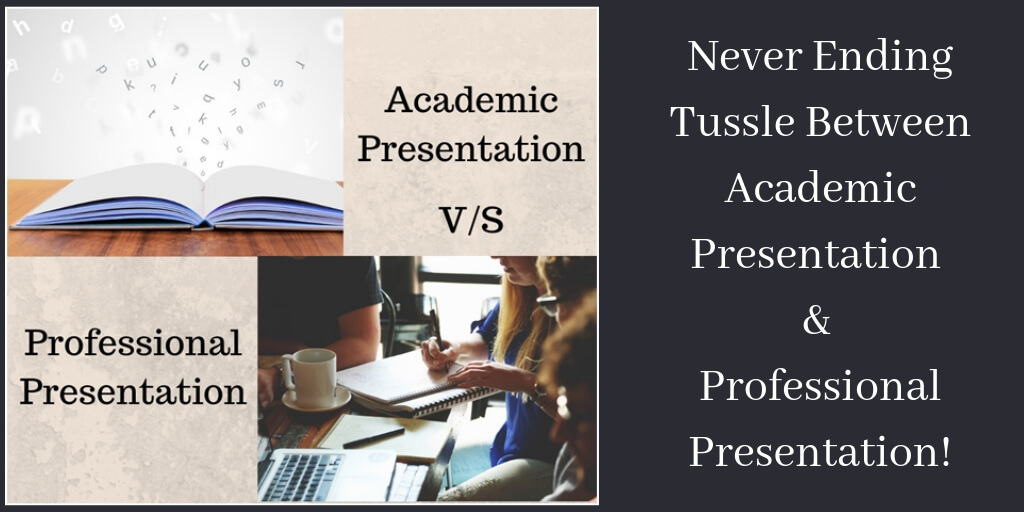
Writing a dissertation is not just about putting words on a document - it’s the culmination of years of learning, research and coursework.
After all that hard work, your dissertation is a reflection of everything you’ve mastered during the journey.
And to be honest, it can take months - or longer - to get it all together.
But here’s the thing:
Even with the best intentions and the work you do, things don’t always go as planned. Plans change, deadlines come up and even the most dedicated and talented students can fall into this mistake in writing dissertation projects.
These mistakes can quietly weaken your work or cost you marks, which you didn’t expect to lose.
The good news is most of these can be avoided. If you know what to look out for, you’ll be in a much better position to stay on track and submit with confidence.
10 Common Dissertation Writing Mistakes and How to Avoid Them

1. Starting with a Weak Thesis Statement
Take your time to shape your thesis. It should give your research direction, but be flexible enough to adjust as your study evolves.
2. Not Following the Proper Structure
-
Introduction
- Literature Review
- Methodology
- Results
- Discussion
- Conclusion
If you mix any of these parts, or leave any out, you are likely to confuse your reading audience - and your examiner. Be sure to consider proper flow from one section to the next, but also adhere to your school formatting requirements.
3. Writing a Poor Introduction
Avoid vague openings. Be precise and be sure to clearly define your research problem and objectives.
4. Adding Unrelated Content
- Referring to your research questions consistently
- Avoiding “fillers” just to accomplish the word count
- Only including notes and information that support your thesis
Well organized and focused writing will always be more powerful than pages of disconnected notes.
5. Summarizing Rather than Analyzing in the Literature Review.
2. Highlight gaps or disagreements in the literature
3. Demonstrate that your work offers something new
Compare, contrast and critique the other research. This shows that you are thinking critically and not just reciting what others have done.
6. Overcomplicated methodology
- What type of research you undertook like qualitative, quantitative or mixed methods
- Your data collection and the sampling strategies
- What market tools or techniques you used to analyze your data
- A brief discussion of your rationale for these methods
Use charts or tables and show some statistics if they help to explain your method's process.
Clarity should be your priority, not complexity while doing this.
7. Neglecting Editing and Proofreading
- Reading your work out loud for clunky sentences
- Using tools such as Grammarly or other grammar checks for basic checks
- Having a peer or editor check your work
- Double-check presentations and references to ensure their accuracy
If you are in a hurry, there are services such as SampleAssignments.com who provide professional proofreading and editing, especially for academic written work.
8. Getting Referencing Wrong
- Follow the reference style required by your university like APA, MLA, Chicago, etc.
- Use reference tools, such as Zotero, Mendeley or EndNote, to manage references - immediately
- Have a continuous running reference list as you write and don't leave it until the end
With the advent of AI-generated content - institutions are using tools to check on future plagiarism possibilities and accuracy in your citations more frequently. Being careful in this area assists in protecting your credibility.
9. Limited Time Management
-
You can manage your time much better by:
- Break down your work into smaller weekly goals
- Plan with tools such as Trello, Notion or a basic calendar
- Set earlier deadlines for drafts and edits
- Allotting time for receiving feedback and final proofreading
A recent study, conducted by the UK, showed that students who used planning tools were more likely to submit high-quality work on-time at a much higher rate than those who didn't.
10. Ending with a Repetitive or Weak Conclusion
- Summarize your key insights in a fresh way
- Discuss the real-world or academic impact of your findings
- Suggest areas for future research
- Leave the reader with a thoughtful closing idea
For example:
“While this study focused on sustainable packaging in the Indian FMCG firms market, future research could compare practices well across Southeast Asia to understand regional trends in sustainability.”
What Should Not Be Included in a Dissertation?

To maintain academic standards and avoid losing marks, steer clear of the following:
- Personal opinions not supported by evidence
- Unverified or unreliable data sources
- Unsupported claims
- Excessive or unexplained jargon
- Repetition of ideas to increase word count
If you’re wondering what should not be included in a dissertation, the answer lies in anything that distracts from academic rigour and clarity.
Keep your writing professional, real evidence-based, and focused.
Why These Mistakes Matter More Than Ever in 2025?
The impact of artificial intelligence tools, coupled with tighter academic policies, are leading universities to scrutinise dissertation quality and originality with greater rigor at a faster pace.
The anticipated trends for 2025 include:
- More academic institutions using AI-detection software
- Greater focus on real-world, industry-relevant research
- Increased academic writing expectations placed on international students
- Increasing demand for professional support from websites such as SampleAssignments.com
In summary, expectations are at an all-time high - so just avoiding basic errors will get you through just fine.
Conclusion: Write Smart, Stay Focused
Dissertations can be scary; but they don’t have to be! Plan, think critically and write clearly and concisely and you’ll avoid these pitfalls - and enjoy the process more.
Always remember that every great dissertation is built step by step! Don't hesitate to seek feedback, ask for support when you need some, and trust yourself and in your research journey.
And if you are still looking for help in writing, editing or planning your dissertation?
Explore our expert support services, once we receive your query our support from professionally trained academic writers who understand what your university expects will help you.
Frequently Asked Questions
What is the most common mistake in writing a dissertation?
The most common mistake students make is a vague or unfocused thesis statement. This weakens the foundation of the research.
How do I write a strong introduction?
A good introduction should start with a hook to grab the reader’s attention and slowly build a foundation of issues and problems, and then define the research problem briefly, explain its significance, and outline the dissertation structure.
What do I write in the methodology section?
You should provide details about your research design, data collection methods, what sampling process you used, and explain how you analyzed the results. You should also justify using each methodology.
Is proofreading really that important?
Yes. Proofreading is very important and we should ensure while sharing that your writing is clear, professional, and error-free, which is of vital importance in academia.









Loved reading this Blog? Share your valuable thoughts in the comment section.
Add comment